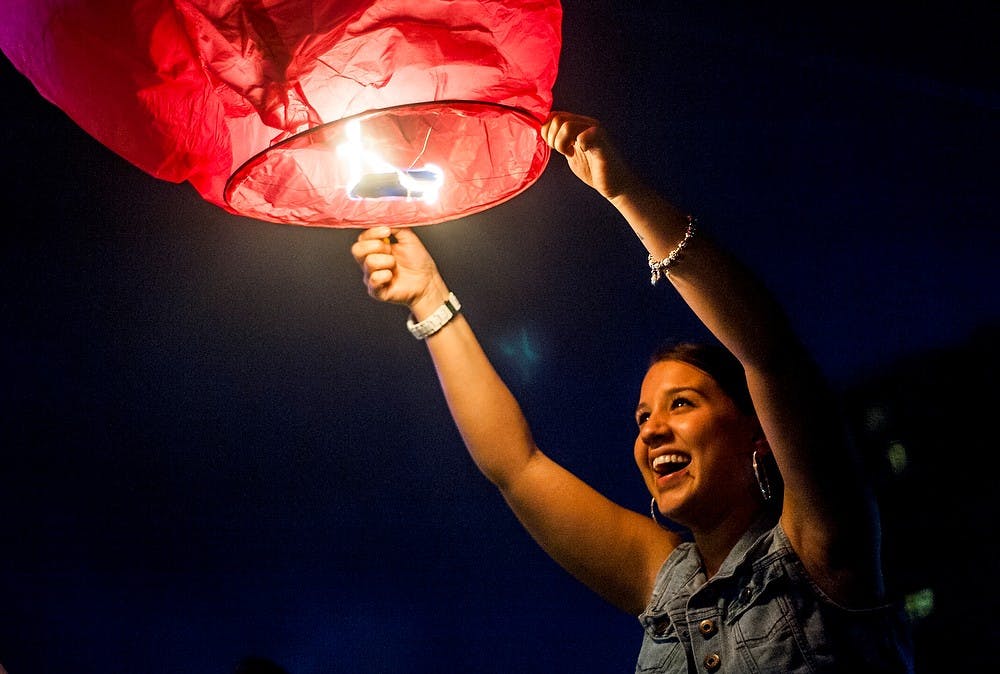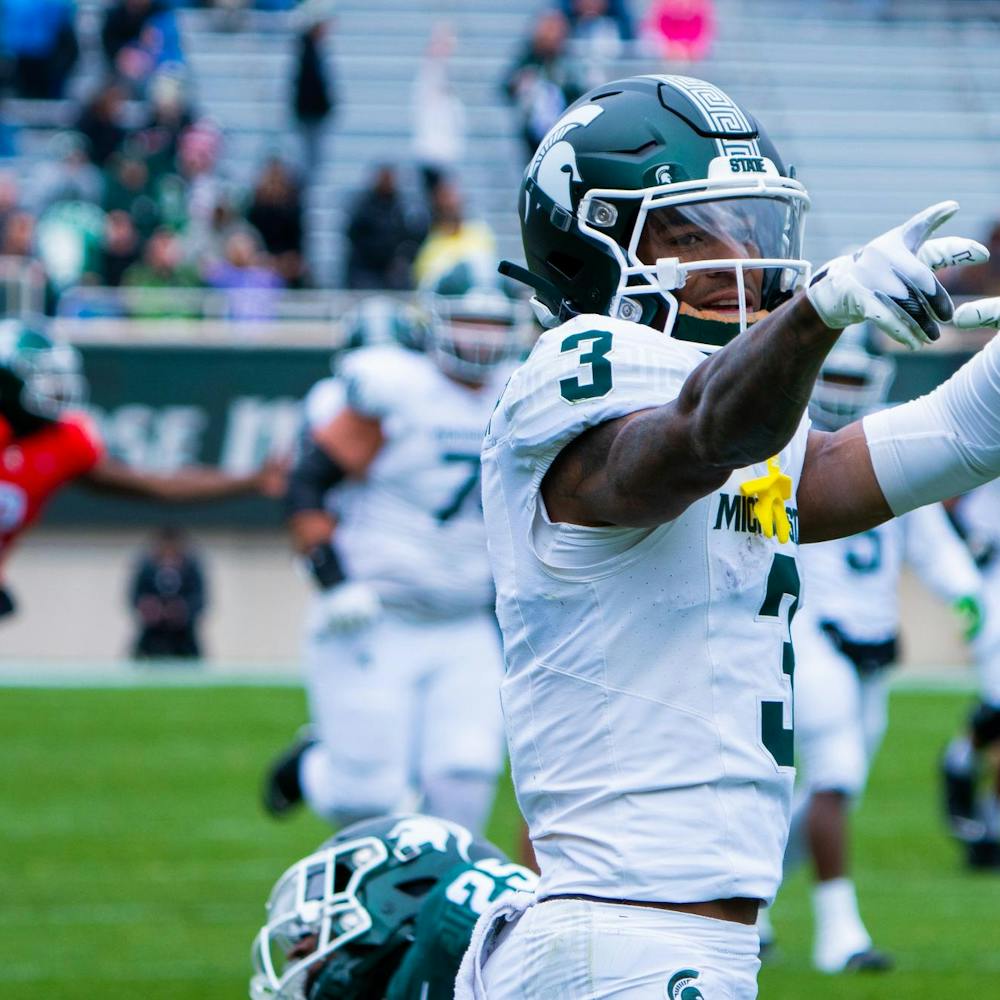It’s summer in East Lansing — a time to participate in local internships, catch up on classes or hold down the fort until the rest of MSU’s nearly 50,000 students return in the fall.
But before you participate in some of the other common activities summer brings about -- such as swimming, barbeques and camp ires, it’s important to keep in mind the exact laws and ordinances East Lansing and MSU have in place. Below is a comprehensive list of how to have fun, stay safe and not break the law doing many of these activities.
The city of East Lansing allows contained outdoor burning for recreational purposes. However, an annual permit must first be obtained pursuant to section 1-16 of the Fire Prevention Code. The permits are only available in areas zoned as R-1 and R-2 and if the property is not owner-occupied, permission must be granted from the landlord.
The fire must be continuously attended, have a water source readily available and must be 20 feet clear of any road. Burning of building materials and non-wood items is prohibited. In addition to this, the maximum size of fire pit allowed is 3’x3’x3’ and no burning is allowed if the wind speed is above 15 MPH.
The Michigan Fireworks Safety Act requires local municipalities to allow fireworks the day before, day of and day after a national holiday. However, municipalities may regulate the hours fireworks may be discharged. Section 26-66 of East Lansing City Code states it is illegal to discharge consumer fireworks between the hours of 1-8 a.m. on the day before, the day of and the day after a national holiday. Violations of this ordinance are civil infractions and can result in a $500 fine.
Fireworks also must be ignited on personal property — meaning streets, sidewalks, schools and churches are off limits.
In addition, state law makes it illegal to discharge fireworks when intoxicated.
Also, any violations causing property damage can result in fines of up to $5,000 and 90 days in jail. Violations causing serious injury or death are felonies with penalties of 5 years/$5,000 and 15 years/$10,000, respectively.
Fishing in Red Cedar River on campus
Fishing is allowed in the Red Cedar River. Those interested in participating must adhere to a strict set of guidelines such as maintaining a fishing license from the Michigan Department of Natural Resources.
In addition to this, fishing from any bridge is prohibited and fishing is only allowed in the area designated along the north bank of Red Cedar River west of the Kalamazoo Street bridge and to the southwest corner of the Brody Residence Hall Complex.
Hammocking on campus
It’s a popular and relaxing summer activity on campus at MSU. However, hammocking is technically illegal on campus, according to ordinance 24.01, which was enacted in 1964.
The official language of the ordinance states “No person shall break or cut branches ... or otherwise damage or mutilate any tree” which campus arborists argue it does. Violators of this law risk a $100 fine and up to 90 days in jail.
Representatives from the MSU Hammocking Club met with Infrastructure Planning and Facilities a few weeks ago to see if an agreement could be reached to end the campus-wide ban on hammocking at MSU.
The club feels there are responsible ways to hammock so as not to damage any trees. Not much change came from the meetings, but club members feel progress was made and all hope is not lost. For now, however, the same ordinances still apply.







